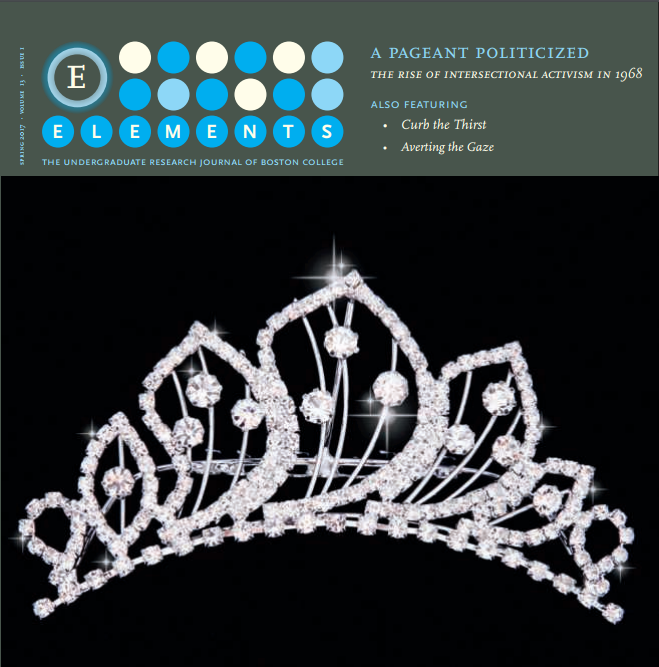Behavioral Economics at Point of Payment and its Implications in Buenos Aires, Hanoi, and Cape Town
DOI:
https://doi.org/10.6017/eurj.v13i1.9617Abstract
A nation-state’s political structure determines the levels of trust and security individuals have in the economic system as a whole. Cities are hotbeds of commercial activity and convince many individuals to migrate to urban areas in search of obtaining a slice of that economic growth. How these individuals conduct commercial transactions reflect levels of trust and security in a nation-state’s political system. Through analyzing formal and informal commercial transactions at the point of payment, this paper will explore how small merchants and consumers replace gaps in formal regulations and distrust in governance with their own systems of trust and security. Research in Buenos Aires, Hanoi, and Cape Town shows how unique features of each nation-state’s political economy have a significant impact on commercial behavior at point of payment but raise concerns about unequal wealth distribution in cities integrated with the global market economy.Downloads
Published
2017-09-07
How to Cite
Baranko, K. (2017). Behavioral Economics at Point of Payment and its Implications in Buenos Aires, Hanoi, and Cape Town. Elements, 13(1). https://doi.org/10.6017/eurj.v13i1.9617
Issue
Section
Articles
License
Copyright (c) 2017 Kyle Baranko

This work is licensed under a Creative Commons Attribution 4.0 International License.

